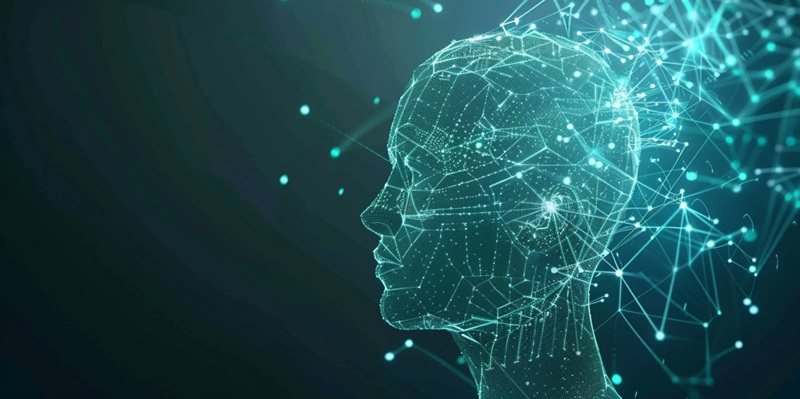Generative AI is revolutionizing various sectors by enabling the generation of content previously attributed solely to human creativity. These AI technologies, exemplified by systems like ChatGPT, are adept at crafting text, imagery, and code with a semblance of human intellect and inventiveness. A key role has surfaced within this innovative landscape: the prompt engineer. This specialized skill involves fine-tuning the prompts that guide AI output, blending precision with creative acumen. As generative AI continues to evolve, the expertise of prompt engineers has become indispensable, serving as the nuanced human touchpoint that directs AI potential toward effective application. This niche yet critical function underscores the synergy between human oversight and AI’s expansive capabilities.
The Art of Prompt Engineering
Prompt engineering is not simply feeding questions or commands into an AI system; it’s an intricate dance of critical thinking and ingenuity. Each prompt is woven with the intent to guide the AI toward generating responses that are both accurate and contextually apt. The significance of this craft lies in its subtlety—a prompt can be thought of as a key, designed to unlock the vast potential within the AI’s algorithms.
These specialists harness their language skills to pose questions or scenarios that elicit the best possible responses from AI models. This demands a robust understanding of not just the AI’s operational mechanisms but also the nuances of human dialogue, semantics, and reasoning. As these models evolve to comprehend and react to progressively complex tasks, the expertise of prompt engineers becomes ever more vital. They must continuously learn and adapt, formulating prompts that push the boundaries of what AI can achieve.
The Impact on Industries and Employment
The infiltration of generative AI in industries has been transformative, with the craft of prompt engineers becoming crucial. Their role in perfecting AI interactions is changing how businesses operate and make strategic calls. In healthcare, for example, precise prompts from these engineers enable AI to assist with diagnosis and treatment plans. This skill is so in demand that the job market is actively seeking people adept at this nuanced form of AI communication.
As generative AI assumes larger roles in decision-making and content creation, the quality of prompt engineering can make or break its effectiveness. The significance of this profession is expanding, ensuring AI’s potential is fully realized. These individuals do more than guide AI; they influence its global impact.
In summary, prompt engineers are at the forefront of harnessing AI’s capabilities, proving essential in integrating AI into our industries adeptly. Their role exemplifies the synergy between human intelligence and artificial innovations.

